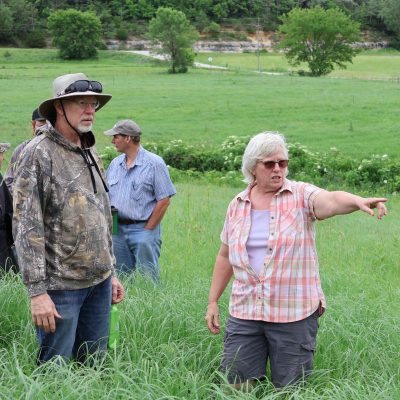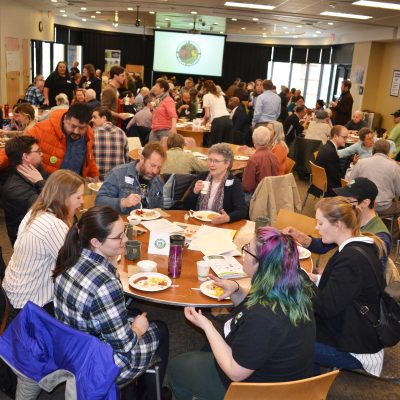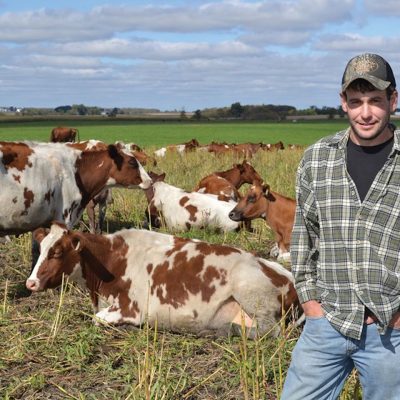Workshop on Mitigating Flood Damage to Water & Soil Jan. 25 in Owatonna
OWATONNA, Minn. — Farmers, landowners, and anglers can learn how to buck the damage caused by extreme weather to soil and water during a program on Saturday, Jan. 25, being hosted by the Izaak Walton League’s (Ikes) Owatonna chapter and the Upper Mississippi River Initiative (UMRI). The workshop begins with registration at 9 a.m. at… Read More →


